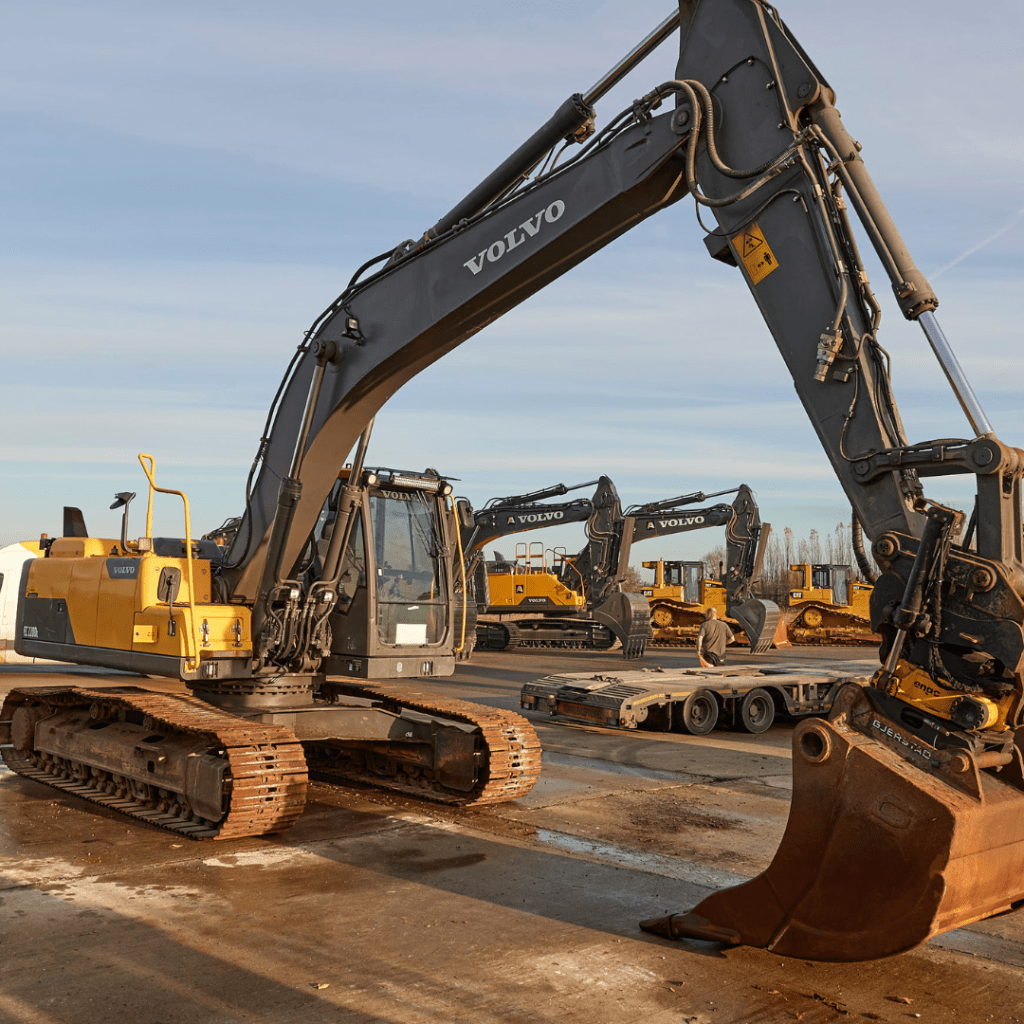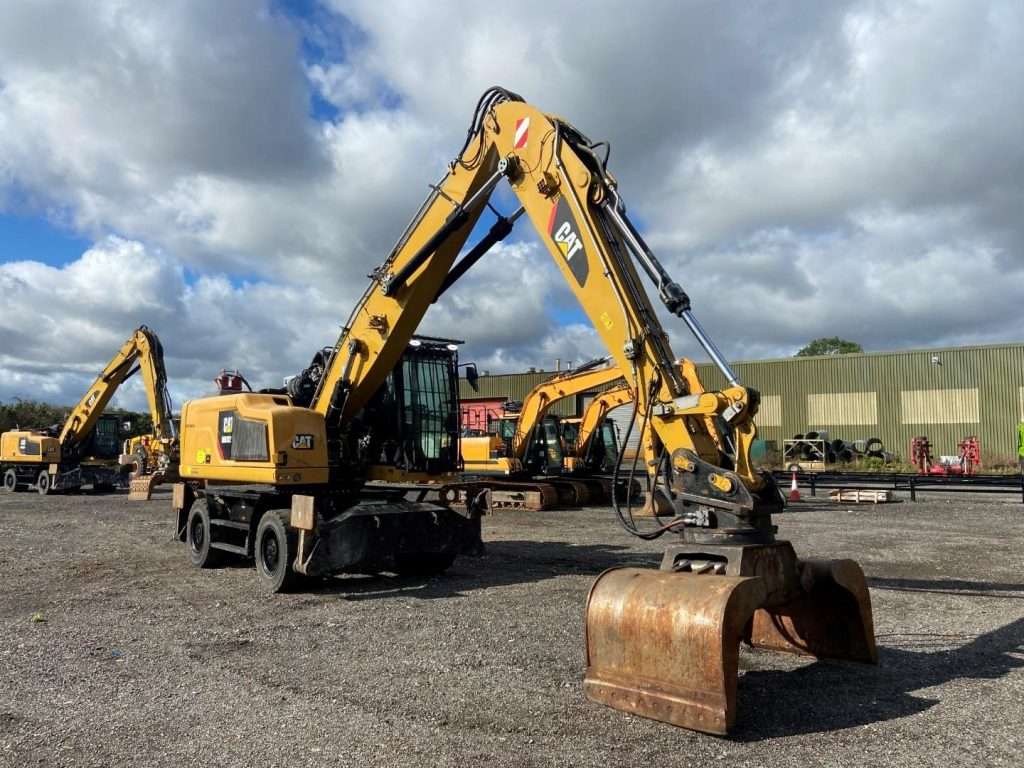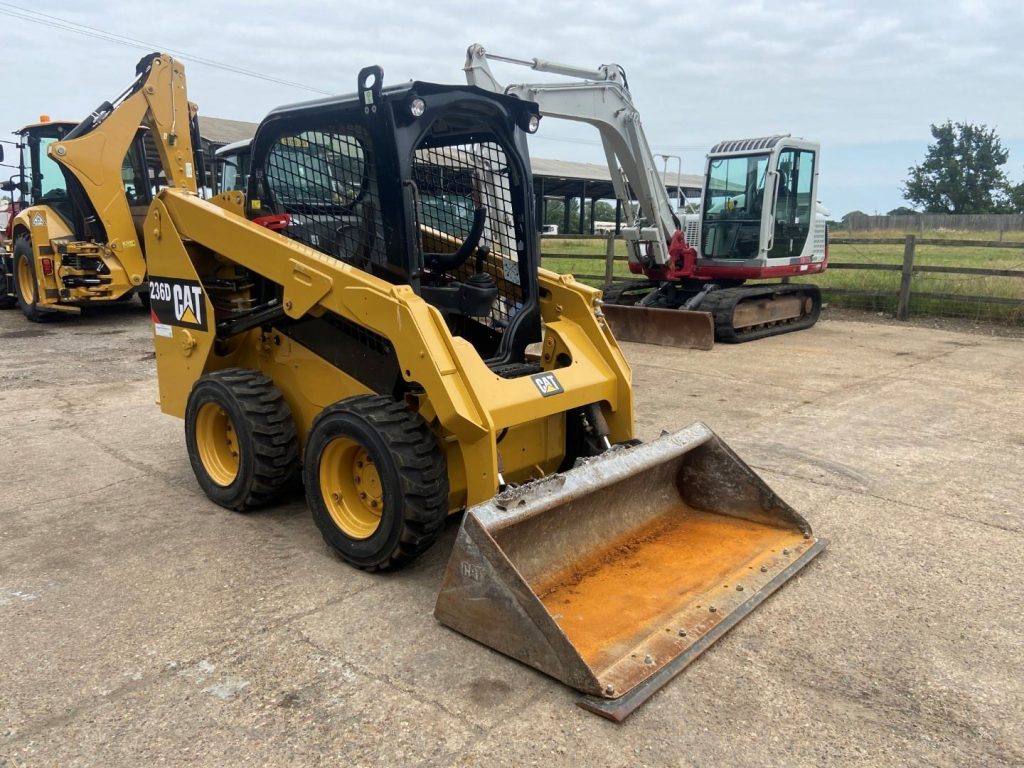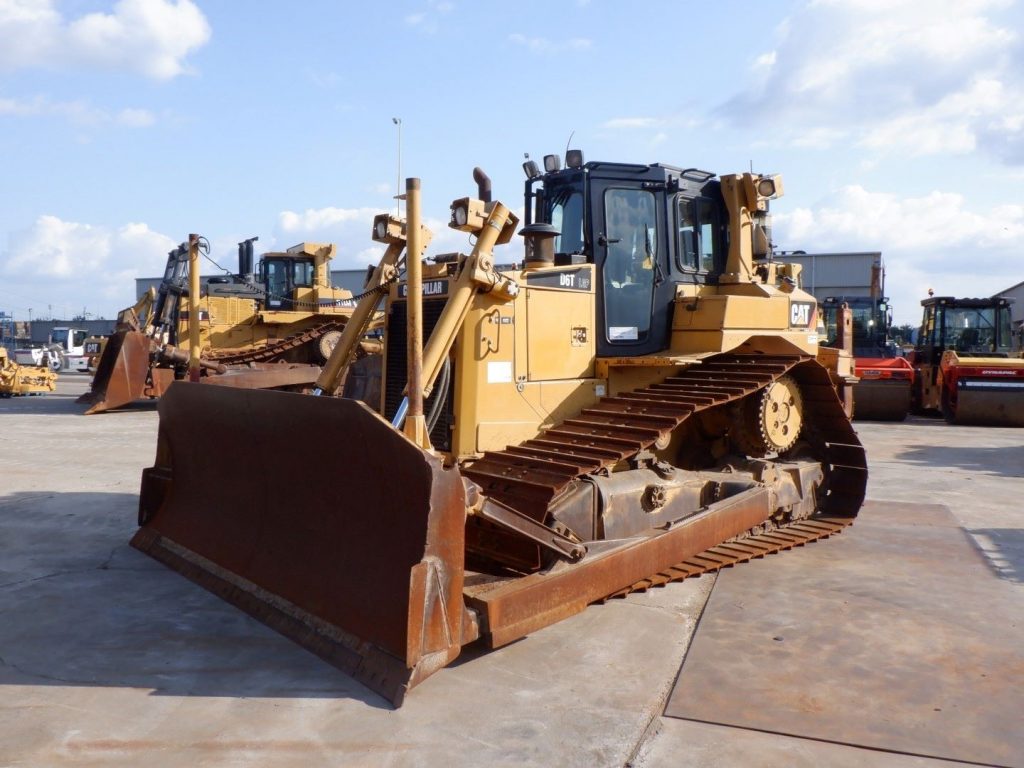Used machinery inspection on UK Plant auctions?
If you want to buy used machinery and equipment at Morris Lesslie Plant auction, an inspection is advisable. If the auction is too far away from you, it might make sense to commission an expert service to inspect one or more machines. If you’re looking for such a service, you’ve come to the right place. MEVAS experts in the UK inspect used machines and vehicles at fair prices.
This offer is valid for auctions in different countries, not only for the United Kingdom.
We are technical experts and can see what’s wrong with the machine at first or second glance. You will receive a brief report listing the main defects. The technician checks the machine on site and carries out a function test. He checks the performance of the engine and hydraulic system. He looks for cracks or damage anywhere on the machine. A brief visual inspection of the hydraulic lines and cylinders shows whether the hydraulic system is ready for operation. The noises are checked, e.g. whether the hydraulic pump is whining, and the exhaust gases are examined to check whether the engine is smoking. You will receive about 15 pictures. So you can judge from home whether it makes sense to place a bid on this machine. It is most interesting for both parties if you would like to have viewed several machines and place a bid on one of them. The price per short inspection is then around £200.

Used Plant Inspection at UK auctions
You can order our inspections on the auction site from as little as £200 per machine. If it’s just a single machine, it will be a little more expensive. If it’s a whole package, it will be cheaper. As you can see, our expert service is not expensive at all. Don’t hesitate to send us an enquiry today for the inspection of a machine or vehicles at a plant auction. We can inspect wheel loaders, excavators, bulldozers, steamers, cranes, dumpers, construction vehicles, lorries, motor graders and, of course, rollers and asphalt pavers for you. We inspect all types of plant, machinery, agri-equipment, vehicles, HGVs, tools and equipment.
Upcoming Machinery Auctions in UK and Europe
- Morris Lesslie Auctions Errol Perth, UK – May 29, 2024
- Euro Auctions Zaragoza, Spain – 11th & 12th June, 2024
- Euroauctions Dormagen – Germany – May 15, 2024
- RB Auctions Caorso – Italy, May 23, 2024
- RB Auction Dubai – U.A.E. June 04, 2024
- RB Auctions Ocana – Spain, June 13, 2024
- Euroauctions Abu Dhabi – U.A.E. – June 24, 2024
Mevas can have inspectors available to all those auctions and areas. On some we are on site anyway. To some we travel by request. For auction inspections we offer a specific type of inspection for lower cost. Ask today for your independent inspector.
Here are some key points to consider about heavy equipment auctions:
1. Competitive Bidding: Auctions create a competitive atmosphere where multiple buyers are vying for the same equipment. This competition can drive prices down, potentially offering you an opportunity to get machinery at a reasonable price.
2. Wide Selection: Auctions often feature a wide range of heavy equipment, including cranes of different types and sizes. You may find mobile cranes, crawler cranes, tower cranes, and other variations available for bidding. This variety gives you a better chance of finding the specific machinery you need.
3. Condition and Inspection: It’s important to carefully inspect the equipment before bidding. Most auctions provide an opportunity for potential buyers to inspect the machinery before the auction day. Take advantage of this and bring along a knowledgeable mechanic or operator to assess the condition of the lots you’re interested in. Understanding the equipment’s condition will help you determine its value and set your bidding limit accordingly.
4. Auction Formats: Auctions can be conducted in different formats, such as live on-site auctions or online auctions. Online auctions have become increasingly popular, offering the convenience of bidding from anywhere. Be sure to understand the auction format, bidding process, and any associated fees or buyer’s premiums before participating.
5. Research and Preparation: Before attending an auction, research the cranes or machines you are interested in to understand their market value, typical auction prices, and any specific details or features you require. This knowledge will help you make informed decisions during the bidding process and avoid overpaying.
Remember that while heavy equipment auctions can offer reasonable prices, it’s essential to do your due diligence, thoroughly inspect the machinery or send a reputable inspection company 😉 , and set a budget for bidding.




